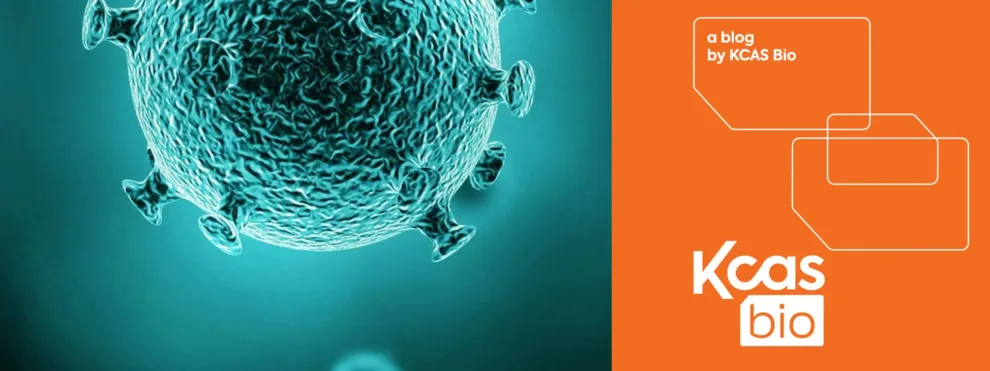
When you examine how to develop and validate/qualify a Biodistribution assay by PCR we are at a similar crossroads as when large molecule and small molecule bioanalytical regulations started to diverge in the late 2000s. The field as a whole began to realize that we should really separate bioanalytical validation performance characteristics by LC-MS/MS from LBA. These are sentiments that really affected the industry for a long time, and to some degree that didn’t really get sorted out until the 2018 Bioanalytical Method Validation guideline, the 2019 Immunogenicity guideline, and the 2022 M10 Bioanalytical Method Validation were published. I believe the community has learned from this experience and as we venture further into PCR based assays, specifically biodistribution, a new wave of guidelines will be needed.
Changing Perceptions on Biodistribution
Biodistribution can be defined as a method of tracking where compounds of interest travel in an experimental animal or human subject. For biodistribution studies of cell and gene therapies scientists must consider target tissue & major organs that majority of therapies will traffic too (on-target), and off target tissue.
A few years ago, scientists logically thought that you needed to validate all tissues for support of a GLP tox study. The investment in time and resources to validate methods in 20+ tissues for support of a non-clinical trial could exceed millions of dollars and months and months of time. Fortunately, those early scientists have paved the way for justification to potentially qualify methods and reduce the number of tissues you monitor. For example, the route of administration for a therapy may require on-target tissue analysis for brain, spinal cord, and CSF, but you would also monitor kidney and liver as potential on-target tissue. Based on the mechanism of action and the route of administration you could reduce the number of off target tissues to a couple and/or validate on target tissues and qualify other tissues. This allows scientists to reduce the number of methods you need to develop from 20+ tissues to as few as 7 or 8 tissues and reduce the number of validations by qualifying the majority of tissues.
Looking at it through a more focused lens like this allows KCAS Bio to begin differentiating ourselves a bit from our competitors and allowing our clients access to high quality data and ensure they are spending their dollars the right way. The reality is that there is virtually no reason to validate all 20+ tissues for every project – it would simply be cost-prohibitive for the client and wouldn’t be necessary for what most clients need. We know this now, but even just a few years ago, there was a belief that the entire set of 20+ tissues be validated for all projects. This is how fast our industry moves and how quickly our understanding can change. It is now reasonable to expect that you can collect all 20+ tissues but reduce the number of validations to 1-3 tissues and qualify 5-6 other tissues without compromising the quality of the data and the desired PK data.
Why is KCAS Bio the Ideal Provider of PCR for Biodistribution Studies?
KCAS Bio is the most well-suited provider to offer PCR because of our state-of-the-art facilities, our expertise, and our adherence to quality regulations. We can confidently guide our clients to ensure them that they are conducting their studies in the most effective way to assess on-target and off-target biodistribution. We can give them a level of understanding about the regulation that is needed for each of the 20+ potential tissues.
KCAS Bio has three different extraction systems. This is a key differentiator in an industry that typically likes to tell customers that their options are much more limited than they need to be. We can help optimize a client’s method using the various extraction platforms we have to develop the most sensitive, the highest quality and most cost-effective assay for support of non-clinical and clinical trials.
The customers coming to us discussing the need to use PCR have a number of products in their pipelines, and they have all sorts of pain around having CROs that are bigger than KCAS Bio charge them magnitudes greater than we will for the same data. Additionally, they have these same organizations telling them it is going to be six months to nine months to get their project into queue.
Conversely, we can offer better value and a much quicker start time (2-4 weeks). We at KCAS Bio could potentially have methods ready and samples tested quicker and at a significantly lower cost because we have the capacity, the bandwidth, the expertise, the support, and the flexibility to adjust with them as their project progresses.
KCAS Bio has the ability to navigate these waters of PCR biodistribution in such a way that we get our customers high-quality data – on time and on budget.
If you have any questions about these services or any others offered by KCAS Bio, please use the form below. Thank you!

